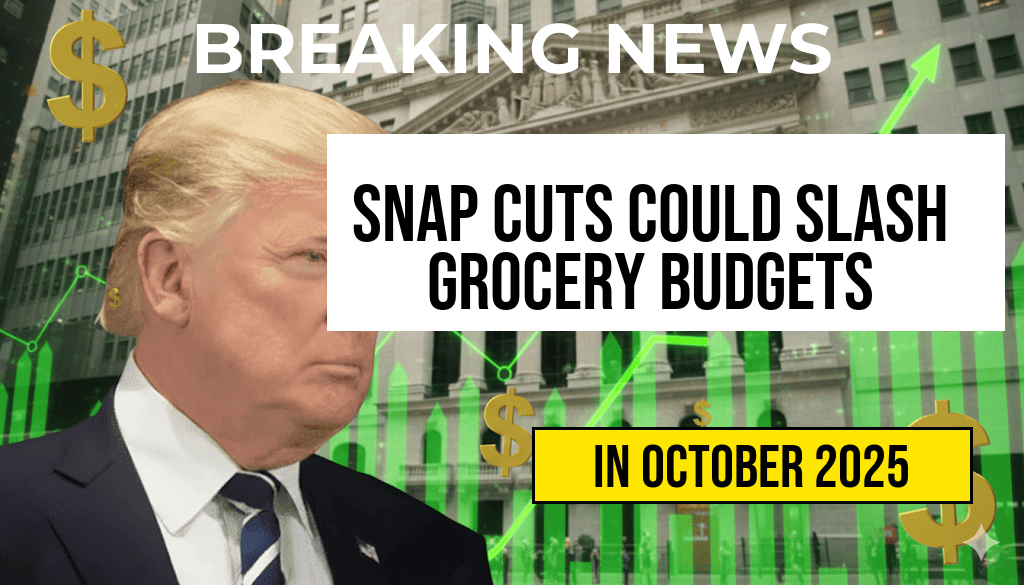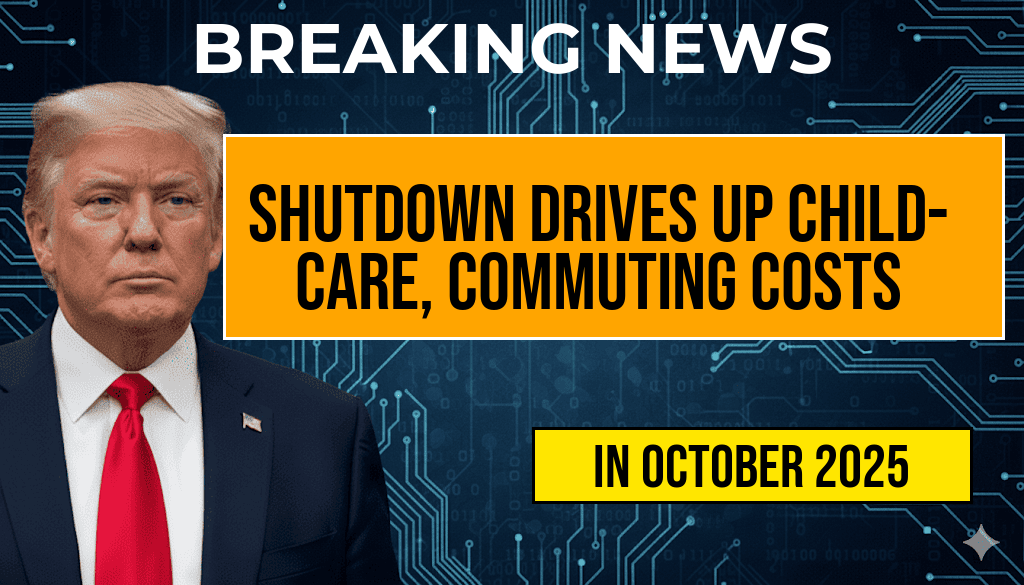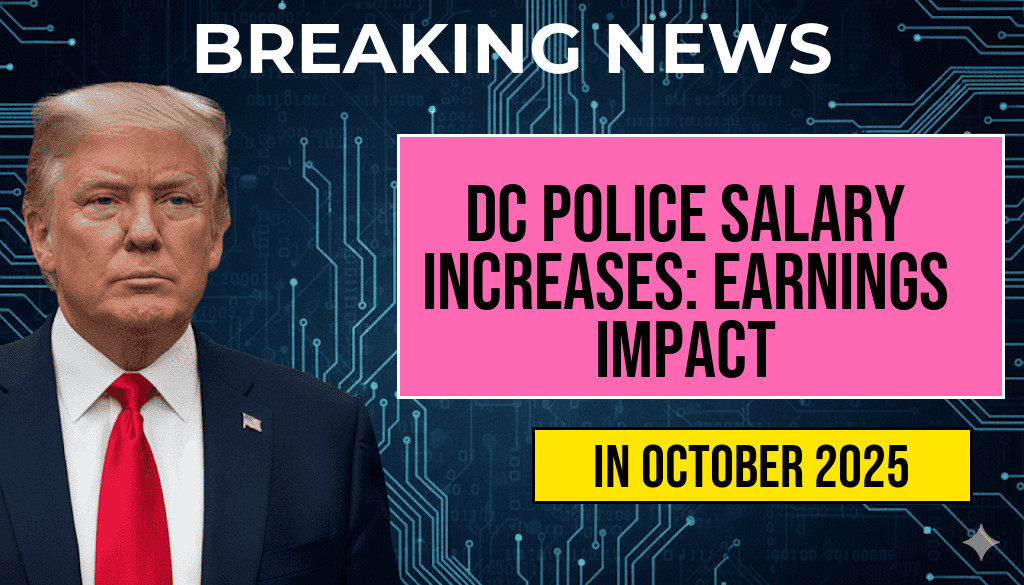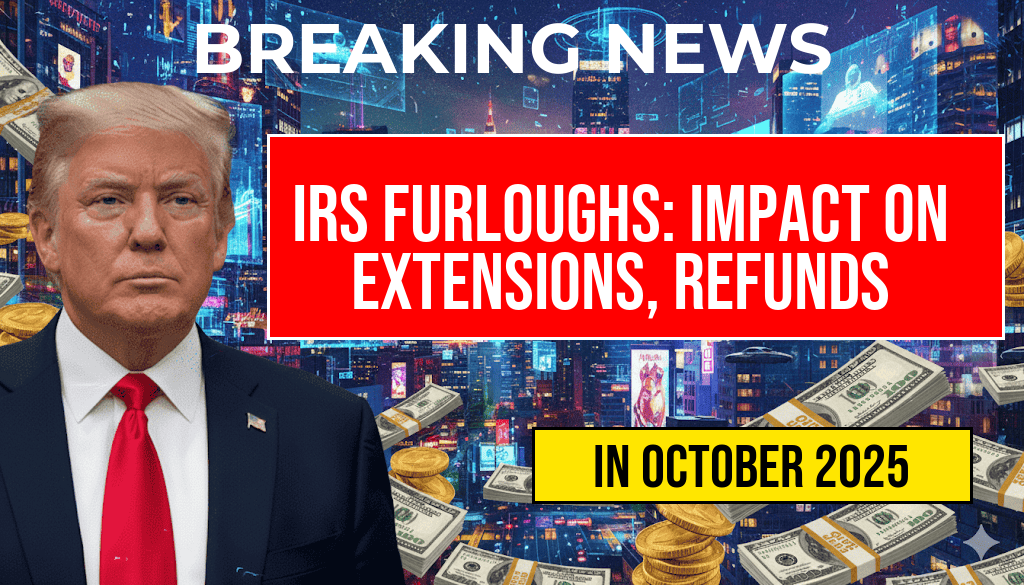The recent salary increases for police officers in Washington, D.C. have sparked a significant discussion around their implications for officers’ earnings and the city’s budget. Following a unanimous vote by the D.C. Council, police salaries are set to rise, with officers in the metropolitan area seeing wage increases of up to 20% over the next three years. This decision comes amid ongoing debates about police funding, public safety, and the overall financial health of the city. As the capital grapples with various challenges, understanding how these salary adjustments will impact both the officers and the municipal budget is critical for residents and policymakers alike.
Details of the Salary Increases
The salary increase plan, which went into effect on [insert effective date], affects all ranks within the D.C. Metropolitan Police Department (MPD). The pay raises are structured to be implemented in phases, with the first installments already reflected in the latest paychecks of officers. The following outlines the key features of the salary adjustment:
- Year 1: A 7% increase in base salary.
- Year 2: An additional 6% increase.
- Year 3: A final 7% increase, culminating in a total of 20% over three years.
Impact on Officers’ Earnings
For the average D.C. police officer, the pay increase translates to a substantial boost in annual earnings. Before the raise, the starting salary for an MPD officer was approximately $60,000. With the new adjustments, officers can expect a significant enhancement in their take-home pay, potentially reaching upwards of $72,000 by the end of the three-year period. This increase aims to address long-standing concerns about officer retention and recruitment in a competitive job market.
Comparative Salaries
To provide context, here is a comparison of the salaries of D.C. police officers with those of officers in other major cities:
| City | Starting Salary | Salary After Three Years |
|---|---|---|
| Washington, D.C. | $60,000 | $72,000 |
| New York City | $42,000 | $85,000 |
| Los Angeles | $63,000 | $83,000 |
| Chicago | $53,000 | $92,000 |
Financial Implications for the City Budget
The salary increases are expected to have a notable impact on the city’s budget. The D.C. Council has allocated an estimated $20 million annually to accommodate the raises, which will be sourced from the city’s general fund. While the council believes that competitive salaries will improve officer morale and retention, critics argue that this financial commitment could divert funds from other critical services, such as education and housing.
Budgetary Challenges
As D.C. continues to recover from the economic repercussions of the COVID-19 pandemic, the pressure on city finances remains high. The following factors contribute to the complex budgetary landscape:
- Increased Public Safety Costs: The rise in police salaries may necessitate further increases in funding for related departments, including training and equipment.
- Balancing Other Priorities: The city faces demands for enhanced funding in areas such as mental health services, affordable housing, and education.
- Potential for Revenue Increase: Supporters of the salary hike argue that better compensation could lead to improved policing outcomes, fostering community trust and potentially increasing city revenue through economic growth.
Community Reactions
The community’s response to the salary increases has been mixed. Supporters argue that higher wages are essential for attracting and retaining quality officers, while opponents express concerns about the sustainability of such increases amidst other pressing civic needs. Community forums and discussions are being organized to ensure that residents’ voices are heard during this pivotal time.
For more information on the implications of these salary increases and ongoing discussions about police funding, visit Forbes or explore in-depth articles on Wikipedia.
Frequently Asked Questions
What are the main factors driving the recent salary increases for DC police officers?
The recent salary increases for DC police officers are primarily driven by the need to attract and retain qualified personnel in the face of rising crime rates and growing public scrutiny. The city aims to ensure that its police force is adequately compensated to maintain a high level of public safety.
How will the salary increases impact the city’s budget?
The salary increases are expected to have a significant impact on the city’s budget, requiring adjustments in funding allocations for other essential services. City officials must assess how these increases will affect overall financial planning and prioritize spending to manage the additional costs.
What are the projected earnings for police officers after the salary increases?
After the salary increases, the projected earnings for police officers in DC will vary based on experience and rank. Entry-level officers can expect a considerable boost in their salaries, while seasoned officers may see even larger increments, enhancing overall job satisfaction and morale.
Will the salary increases lead to better police-community relations?
While salary increases alone may not directly improve police-community relations, they can contribute to a more motivated workforce. Officers who feel valued may be more engaged with the community, potentially fostering better trust and communication between the police and residents.
What are the potential long-term effects of these salary increases on the police department?
The potential long-term effects of these salary increases on the police department include improved retention rates and a more experienced workforce. However, if not managed properly, they could also lead to budgetary strains that may affect other critical areas of city governance.











